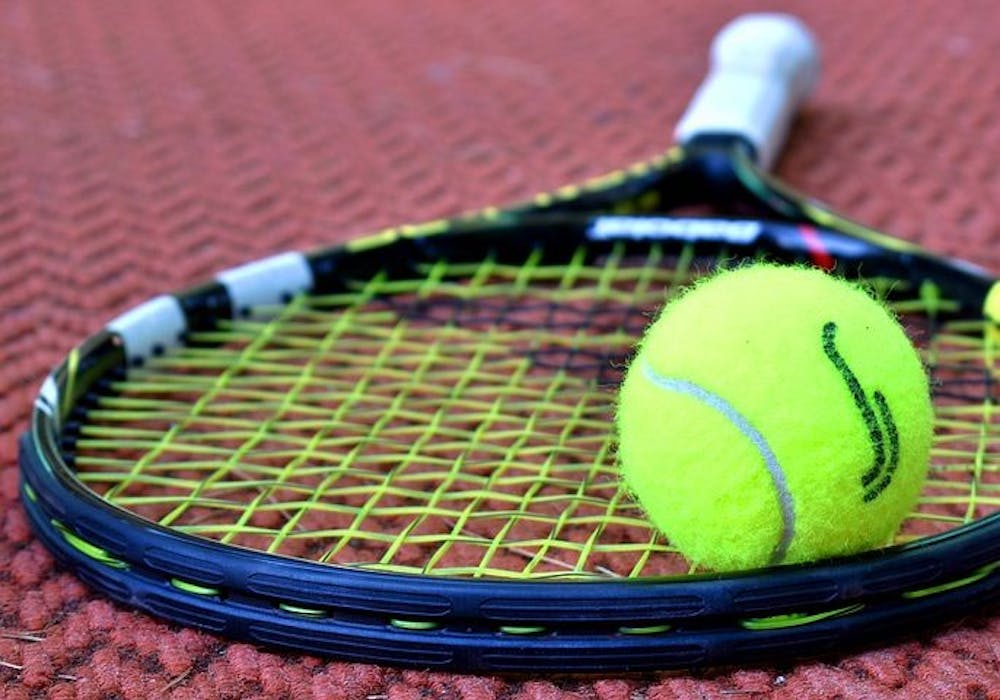Some will say the behaviors of a professional player should never exceed the level of fury that American professional tennis player Serena Williams displayed on the courts at the U.S. Open final last week.
During the match, Williams was given a warning after her coach Patrick Mouratoglou was seen making hand gestures, with the implication that Williams was being coached during the game. This is considered a game violation under the International Tennis Federation. Williams argued that although she was penalized for her violations on the court, “others,” as in men, rarely receive the same amount of punishments and fines she received after publicly defending herself against chair umpire Carlos Ramos.
Ramos, a seasoned and qualified Portuguese official, was called a “thief’ and a “liar” for giving Williams a point penalty, and he later enforced a game penalty against the American after totaling three code violations, according to USA Today.
In some ways, this is absolutely understandable, since it is a code of conduct for professional sports that athletes should be expected to follow. But in some cases having these rules means emotions are to be discarded and picked back up after such events.
In Williams’s case, is self-defense viewed as being too emotional? Was Williams prejudged as an overly emotional woman and new mother who solely commits her life to a sport she’s loved long before gaining the roll of being a nurturer? Or better yet, could Williams be suffering from judgments of sexism and racism?
It appears that whether or not Williams expressed her internal emotions too quickly for the umpires’ liking, the lasting controversy of self-expression gone too far has risen major concerns for some. We question whether these acts of punishment made against Williams lacked morality and equality.
While the actions may have been necessary, it seems that Williams disputing the situation was heavily taken out of context — she is now being accused of verbal abuse and has been fined $17,000, CBS News reported.
An advocate for recognition, equal pay and women’s rights, Williams has expressed for years that in a sport historically prevailed by white men, sexism has been an ongoing battle in her sport.
We would like to think that although she could have left out the derogatory terms made toward Ramos, Williams’s anger should not be treated differently than male athletes.
As Williams continues to face these absurd allegations of having received coaching during the game and angrily voicing her opinions, the reasoning behind her large fines seems somewhat unclear.
No matter the reason, if we choose to penalize Williams for getting heated during a match, then we must do the same to every athlete who has done the same — no matter the gender.


The Slate welcomes thoughtful discussion on all of our stories, but please keep comments civil and on-topic. Read our full guidelines here.